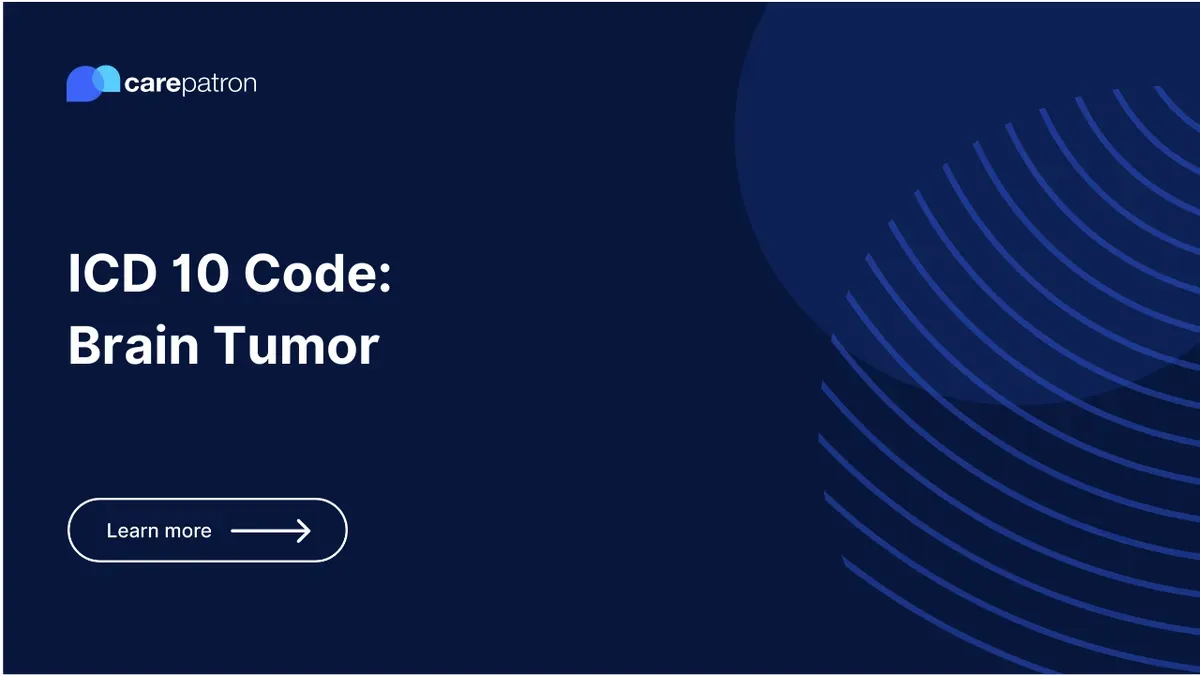
Brain Tumor ICD-10-CM Codes
Explore the most commonly used ICD-10 codes for diagnosing brain tumors, essential for accurate patient treatment and medical billing procedures.
Use Code
EHR and practice management software
Get started for free
*No credit card required
Free
$0/usd
Unlimited clients
Telehealth
1GB of storage
Client portal text
Automated billing and online payments
